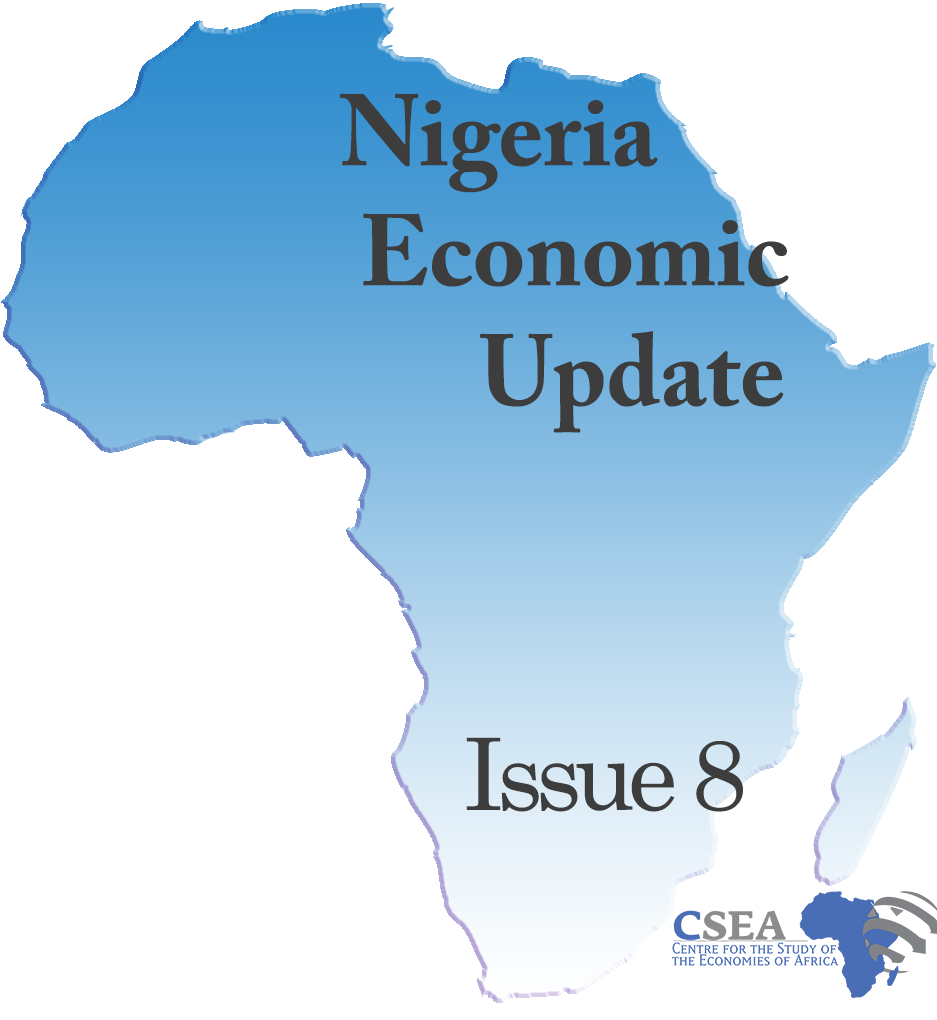The total amount of non-performing loans (NPL) of Nigerian banks declined for the year 2018, relative to 2017. At N1.79 trillion, the stock of NPL fell by 24.2 percent from N2.36 trillion in 20171. Also, gross loans as of the end of 2018 stood at N15.35 trillion, as against N15.96 trillion as at the end of 2017. The reduction in NPL shows that debtors may have relieved more of their indebtedness in 2018 compared to 2017; this may have been complemented by the Asset Management Company of Nigeria’s (AMCON) resolve to achieve its recovery mandate against erring debtors2. AMCON is saddled with the statutory responsibility, among others, of recovering the NPL hitherto disbursed by eligible banks to their customers. The decline in non-performing loans is expected to continue as the overconcentration of banking sector loans to the unpredictable and volatile oil and gas sector has been reduced to a great length. Monetary authorities should tighten mechanisms to ensure that commercial banks strictly adheres to the macroprudential guidelines that stipulate a 5 percent NPL benchmark.
Macroeconomic Report & Economic Updates

March 15, 2019
Nigeria Economic Update (Issue 8)
The total amount of non-performing loans (NPL) of Nigerian banks declined for the year 2018, relative to 2017. At N1.79 trillion, the stock of NPL fell by 24.2 percent from N2.36 trillion in 20171. Also, gross loans as of the end of 2018 stood at N15.35 trillion, as against N15.96 trillion as at the end […]
Read →
Related
Nigeria Economic Update (Issue 21)
Recent
data from the National Bureau of Statistics (NBS) shows that the value of
capital imported to Nigeria declined by 54.34 percent; from $1.56 billion
2015Q4to $710.97 million in 2016Q11. This is the lowest value since
the data was first released in 2007. Huge declines in Portfolio Investment
(71.54 percent) and other Investment (44.84 percent) were the major drivers of
the trend within the period. A myriad of factors have contributed to the
decline in investments. The plunge in crude oil prices, and the resultant negative
signals on investors confidence, was a key factor. This was exacerbated by the
FOREX restrictions and delays in the assentation of 2016 Appropriation Bill.
While the slight increases in oil prices and the recent signing of the budget
into law could improve the general economic prospects, monetary authorities need
to proffer solutions to the negative effects of the current FOREX restrictions
on investments.
Job Creation In Nigeria: Challenges, Opportunities And The Role Of Micro, Small And Medium Enterpris
This
paper identifies the challenges of job creation in Nigeria and examines
governments approach using the Micro, Small and Medium Enterprises to support
Economic reforms.
Nigeria Economic Update (Issue 49)
Nigerias
Petroleum Products Imports statistics show a gradual reduction in the volume
and value of petroleum imports (PMS, AGO, HHK) between May and September 2016. Specifically,
volume of imports declined by 34.1 percent for PMS, 37.6 percent for AGO, and
60.3 percent for HHK in the period.The significant decline in
imports in the reporting periods may be as a result of persistent forex
scarcity issues faced by importers. On account of stagnation in
domestic production of refined petroleum products, continuous
decline in oil imports may create a demand gap with upward pressure on gasoline
prices in the economy.
